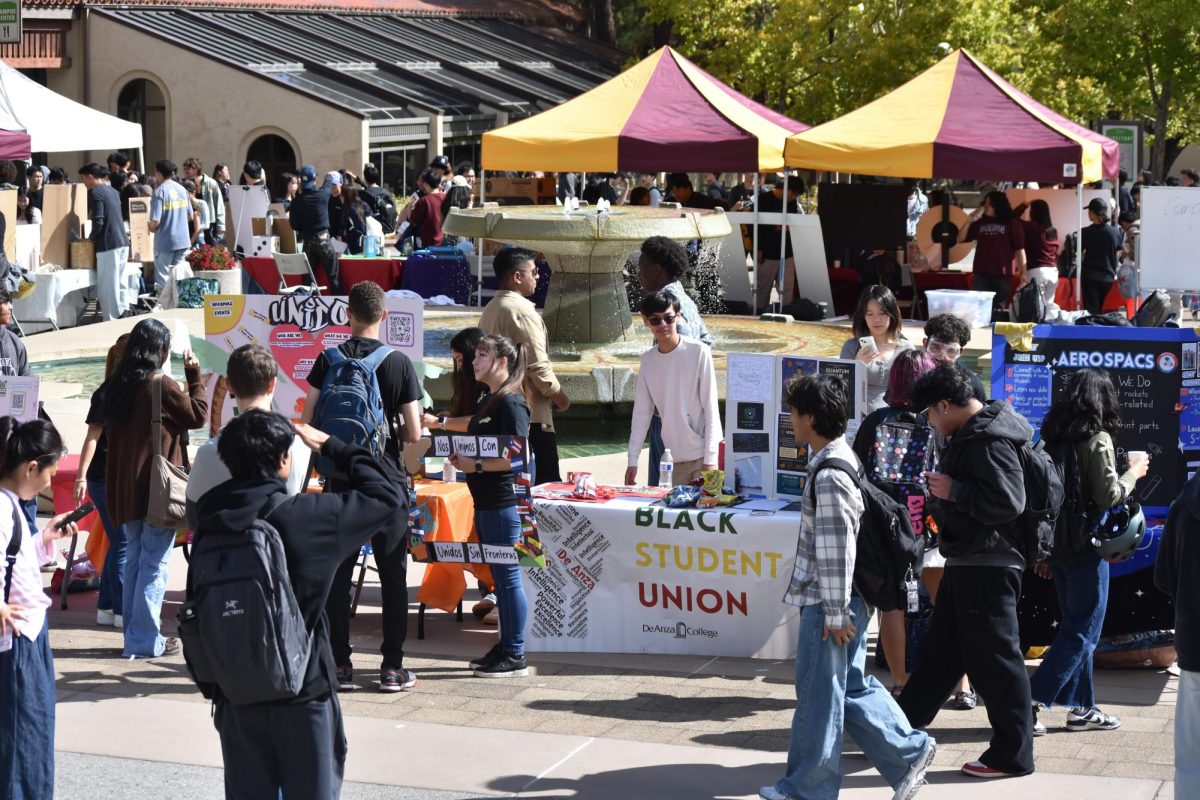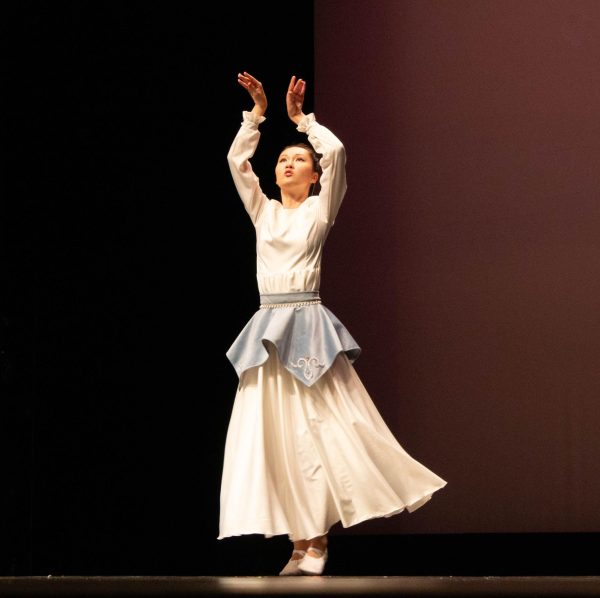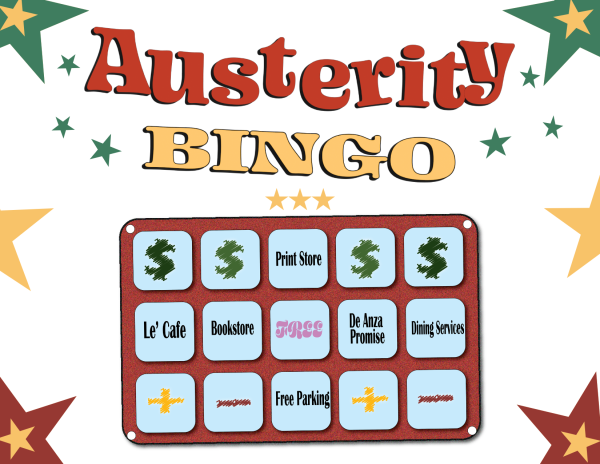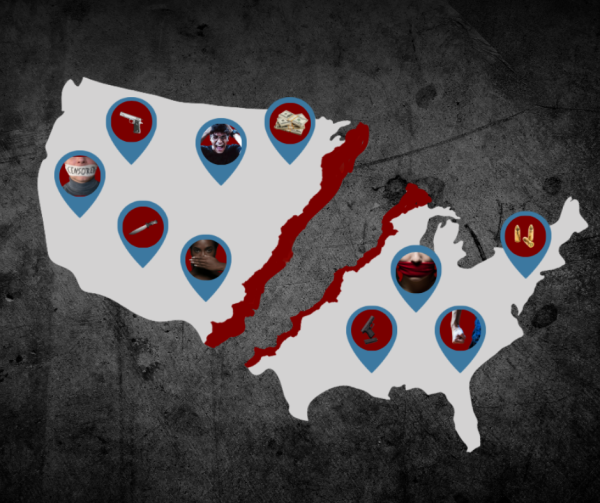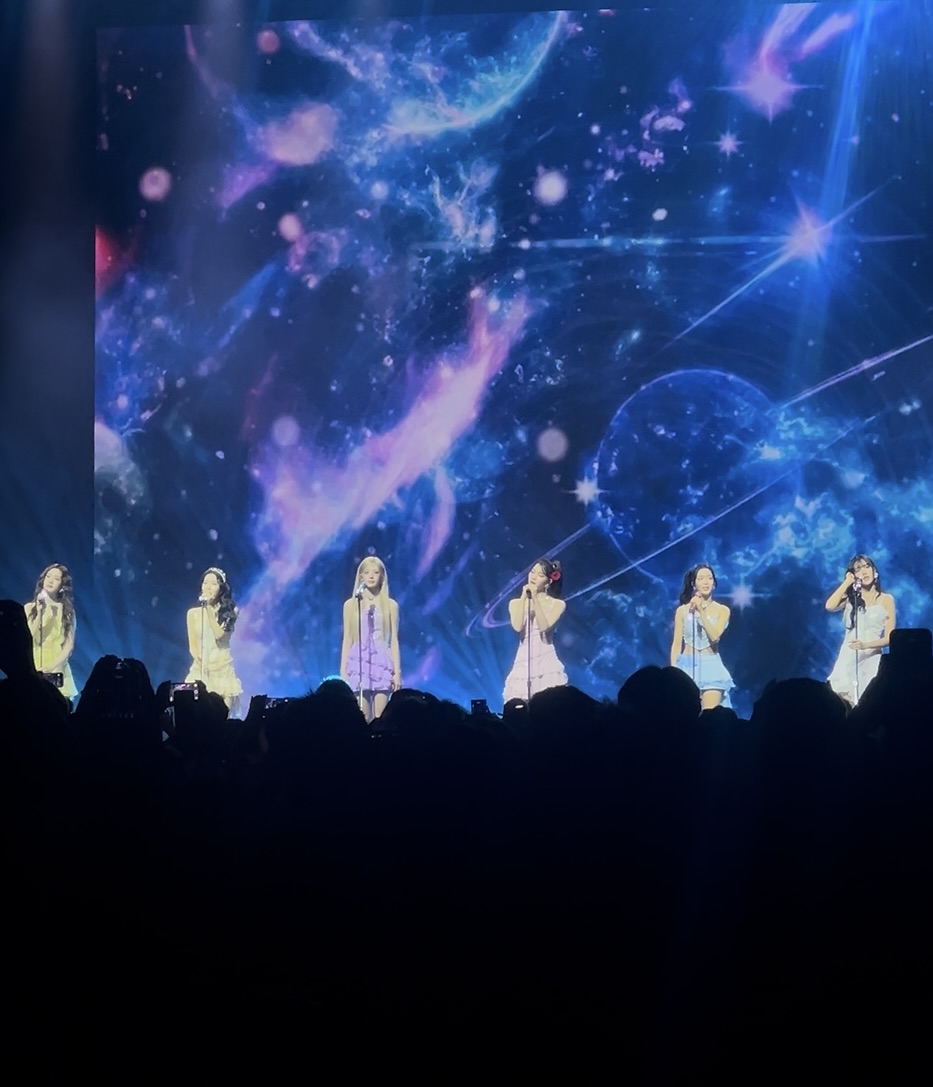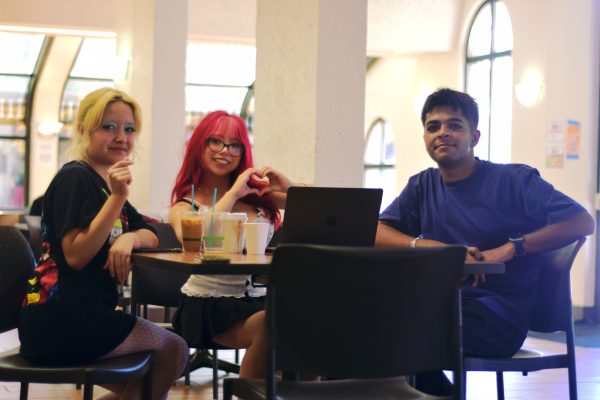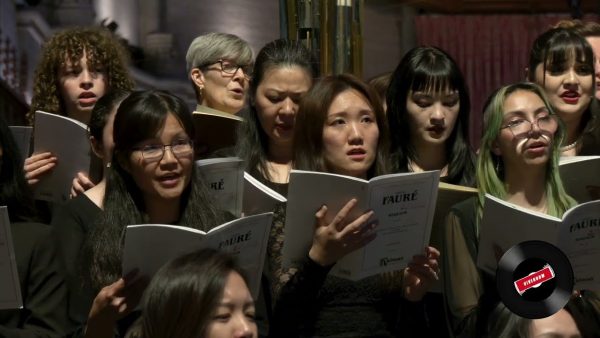Workshop on Kingian nonviolence held to provoke change
February 28, 2019
Positive peace permeated the air during a workshop on Kingian nonviolence in the Multicultural Center at De Anza College, Feb. 21.
Attendees appreciated this atmosphere, as they came to learn the difference between this and negative peace. Led by educator Mike Tinoco, the workshop focused on avenues for practicing nonviolence.
Nonviolence, which Tinoco made clear is distinct from the philosophy of practicing non-violence, is the act of trying to stop violence and injustice.
Attendees took part in a wide-ranging discussion about the ideas of violence and nonviolence, nonviolent communication and techniques for addressing injustice, among other topics.
The danger of facing violence while addressing injustice was one idea that provoked much thought among workshop participants.
Cecilie Johnson, a board member of the California Historical Center Foundation, talked about the difficulty in weighing sacrifice against the potential benefit of defeating injustice.
English teacher Rebecca Chan spoke of sacrificing self-comfort as a huge but important step towards righting wrongs.
People should always strive to have the courage to stand for justice, she said, because those that are neutral in view of injustice take the side of the oppressor.
Participants also talked about how strategies of nonviolence could be implemented into day-to-day life.
A good place to start for most people, said Johnson, was “just a willingness to take a risk of connecting.”
Edmundo Norte, Dean of Intercultural/International Studies said it was important to slow down and self-connect before acting.
He spoke of the tendency of people to think in binary terms, and the need to take time to realize and change this in themselves.
“I really do think that the most pernicious and pervasive form of internalizing oppression is that way of framing the world as right/wrong, good/bad,” he said.
Tinoco said he thought attendees would come out of the workshop with different strategies and foci for practicing nonviolence. Some might resonate with internal practices, while others might focus on interpersonal relationships, and others might address institutional problems, he said.
Tinoco said he hoped that participants’ ideas of nonviolence were more expansive, and that it isn’t just a method of protest by great historic figures.
“I hope that folks can see that this is for everybody,” he said. “Anyone can and should do it.”













